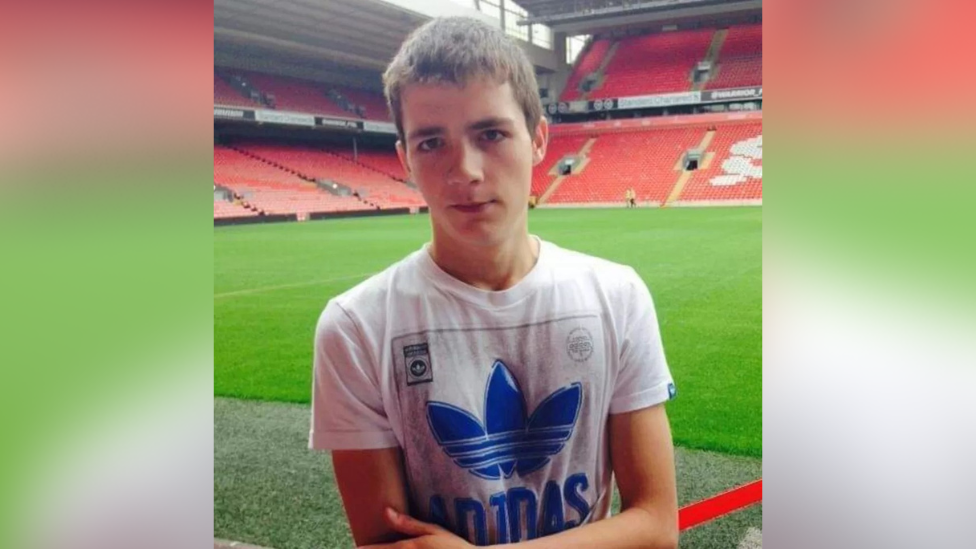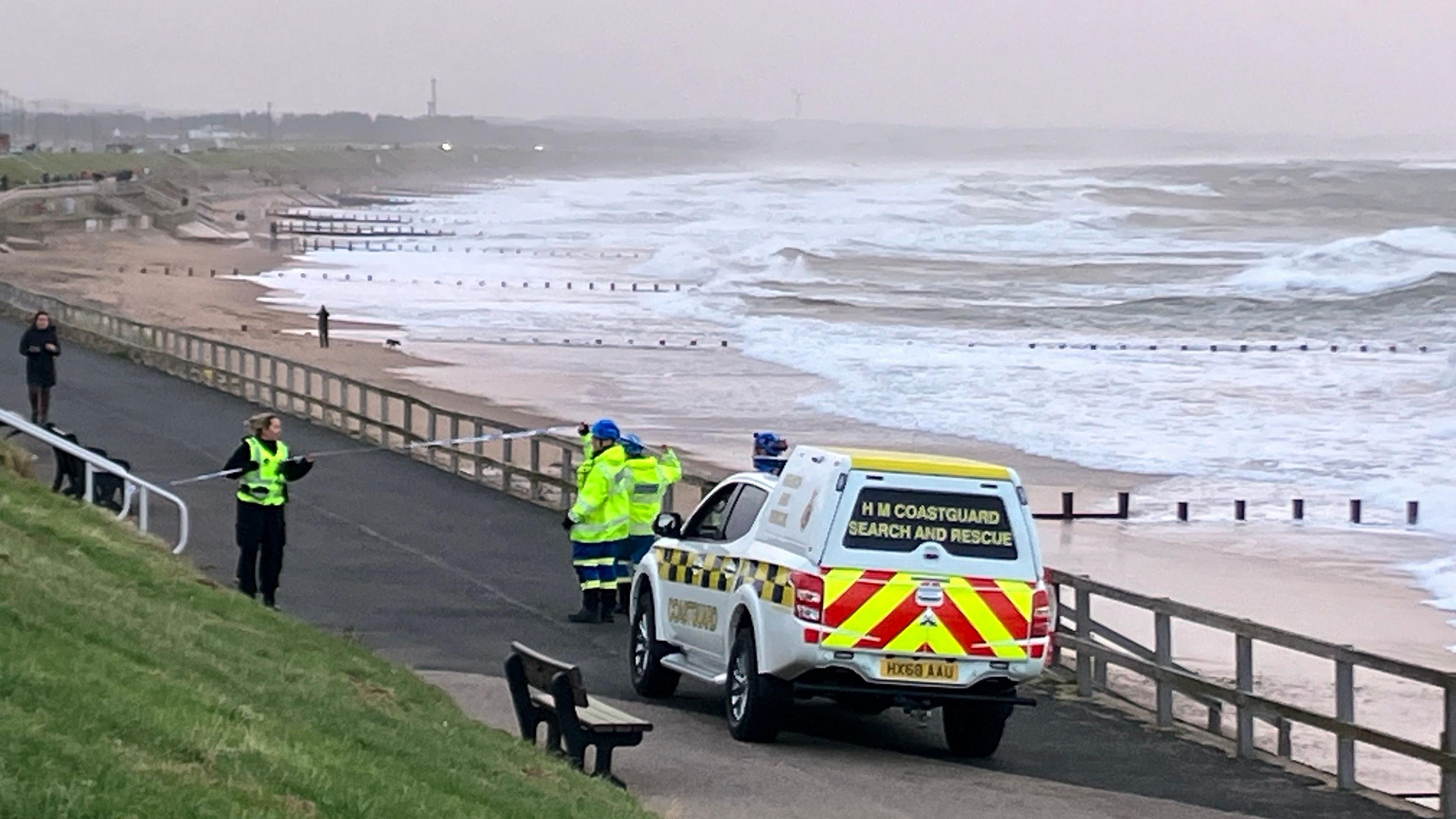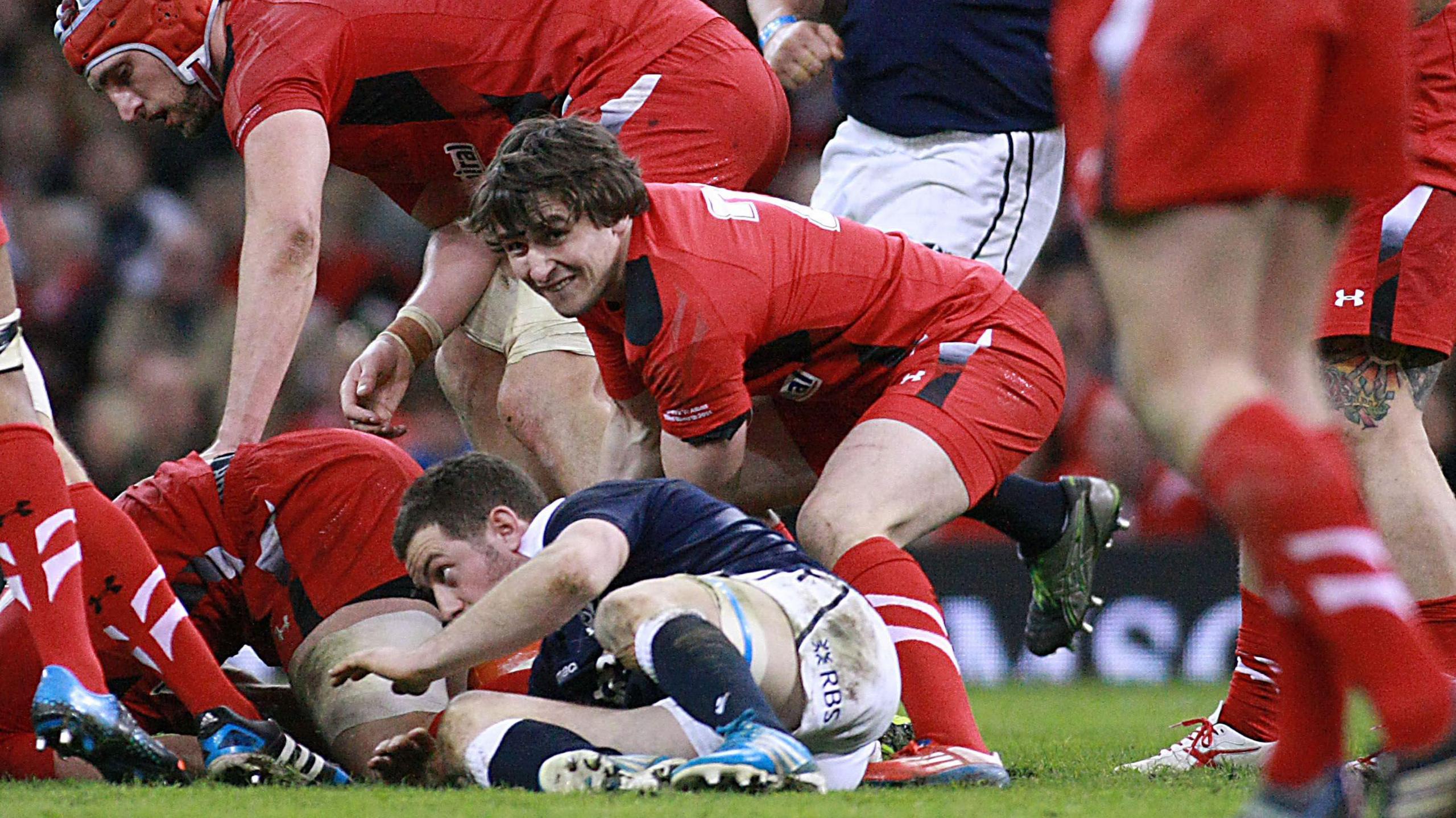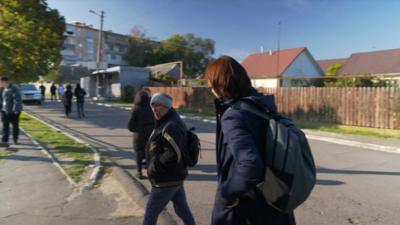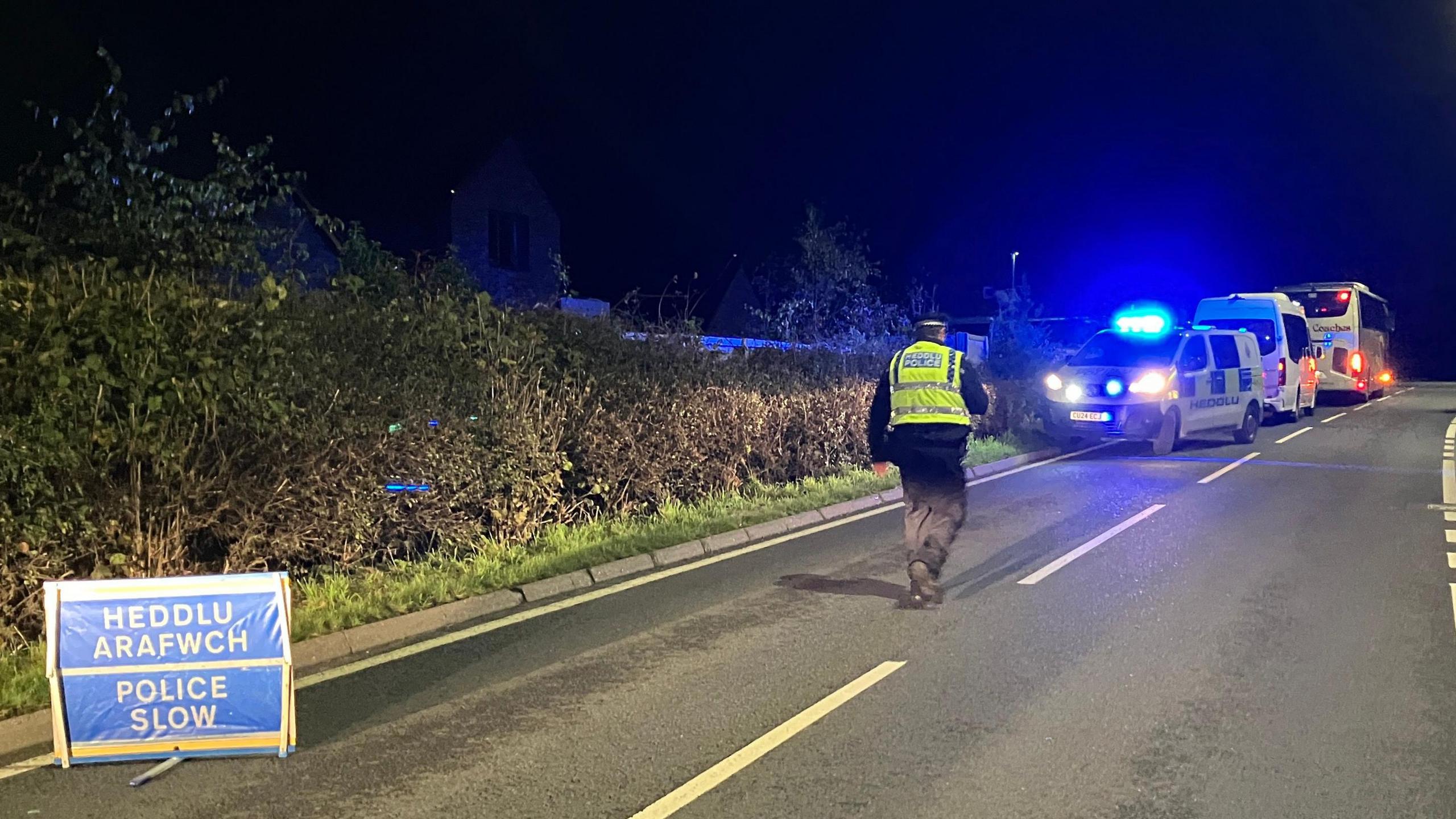A man who stabbed his murder victim nearly 50 times is to have his prison sentence increased by at least four years, the Court of Appeal has ruled.
John Paul Whitla, 46, was previously handed a minimum 15-year prison sentence after he admitted to killing 25-year-old Nathan Gibson on a towpath near Lake Road in Craigavon in January 2020.
Lady Chief Justice Dame Siobhan Keegan said on Monday that the original sentence had been “unduly lenient given the element of pre-planning” and that “a brutal multiple stabbing such as this required an uplift to reflect the horrific nature of this crime”.
Whitla must now serve at least 19 years in prison before he can apply to be released on licence.
The murder was alleged to have been carried out during a suspected drug-related encounter between the two men on a towpath near Lake Road.
Post-mortem examinations revealed Mr Gibson had been stabbed 18 times to the head and a further 31 times in the neck.
Whitla left the scene covered in blood and went to Mr Gibson’s home where he managed to convince the victim’s partner to help clean him up.
He threatened and held the woman captive, and at one point suggested he had been told to carry out the murder by a local drugs gang.
Whitla, of no fixed abode, pleaded guilty to murdering Mr Gibson, as well as common assault and false imprisonment of his girlfriend.
Last December, he was sentenced to life imprisonment, with a minimum tariff of 15 years before he can be considered for release.
The Public Prosecution Service (PPS) appealed the term, arguing that the degree of premeditation in the killing justified a higher tariff.
Defence lawyers responded that Whitla was impaired by a low IQ and claimed the challenge was devoid of merit.
However, in her ruling on Monday, Dame Siobhan said the sentencing judge had been led into error because the prosecution underestimated the extent of pre-planning to the killing.
“In our view the respondent’s actions in arming himself with a knife and inflicting multiple stab wounds cannot simply be explained as a drug rendezvous gone wrong,” she said.
Citing the brutality involved in repeatedly stabbing a vulnerable victim in the face and neck, Dame Siobhan said: “These stark facts mean that the judge was entitled to increase the starting point by varying the sentence upwards from a minimum tariff when high culpability was established.”
She also identified no mitigation, apart from Whitla’s guilty pleas.
Allowing the appeal, Dame Siobhan quashed his original sentence and imposed a revised minimum tariff.
“The fair figure is 19 years, after which he becomes eligible for release on life licence if the Parole Commissioners determine that imprisonment is no longer necessary for the protection of the public from serious harm,” she said.
“It is for the Parole Commissioners to decide whether he is released at that stage.”

